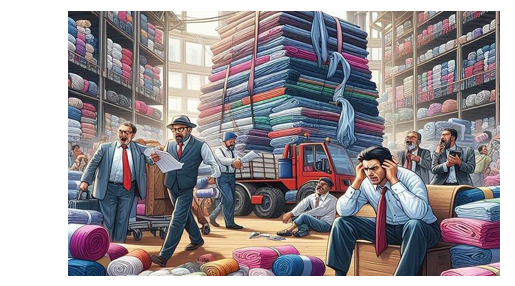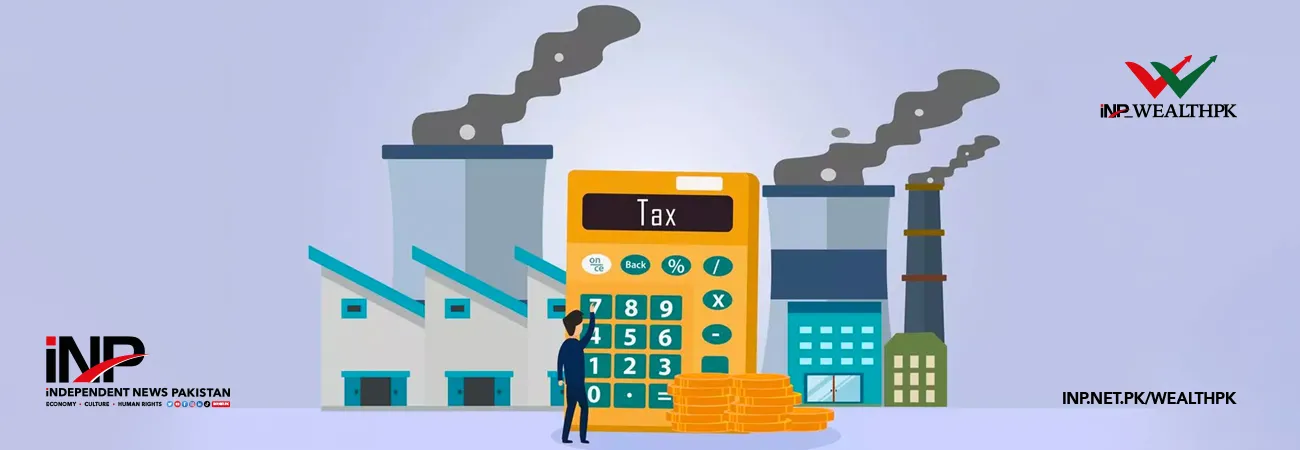INP-WealthPk
Muhammad Saleem

The textile exporters have described the termination of the normal and final tax regime as disastrous for the industry, arguing it will incentivize corruption. In an interview with WealthPK, Salamat Ali, former chairman of the Pakistan Hosiery Manufacturers and Exporters Association (PHMA), expressed concern that officials from the Federal Board of Revenue (FBR) would exploit the business community following this termination. He emphasized that despite the ongoing crisis, exporters are meeting their tax obligations. Ali urged the government to create a level playing field for the business community, particularly by reducing the current 22 percent markup rate, which he argued discourages business activities in the country. Dr. Khurram Tariq, President of the Faisalabad Chamber of Commerce and Industry, criticized the government for disregarding the suggestions from the business community. He noted that no previous government had completely ignored such input. Tariq labeled the budget as business-unfriendly, claiming that the current system is driving over 17,000 businesses to relocate to Dubai.
"Instead of imposing new taxes, the government should focus on reducing its own expenses. Seeking loans from the IMF without consulting the public or the business community is deeply concerning. We need a clear strategy for dealing with the IMF; otherwise, the economic situation will worsen," he said. He also condemned the policymakers for imposing additional taxes on the already burdened taxpayers, especially those in the value-added textile sector. Tariq pointed out that these exporters not only bring in much-needed foreign exchange for Pakistan but also provide jobs for millions. In his conversation with WealthPK, Rana Altaf Hussain, an exporter, expressed his frustration with the heavy tax burden on the business community. He questioned how ordinary people could survive under such conditions, especially when businesses are struggling. Hussain argued that instead of focusing on the IMF, the government should develop plans to promote businesses.
"A strong economy and thriving businesses are crucial for Pakistan to overcome its current economic crisis. We need a supportive environment for businesses, which will ultimately create jobs and address our challenges," he said. "We are paying multiple taxes on utility bills, and the cost of energy is higher compared to our regional competitors. This situation is making our exporters uncompetitive in the international market, allowing our rivals to take over our clientele," he added. Hussain highlighted that while export profits are shrinking, the government continues to increase the tax burden on exporters. He criticized both the government and the FBR for failing to broaden the tax base, instead opting to squeeze already burdened taxpayers. He warned that this strategy is unsustainable and will ultimately harm the country's economy. He declared that this budget would be disastrous for all businesses, especially the textile sector.
Credit: INP-WealthPk













